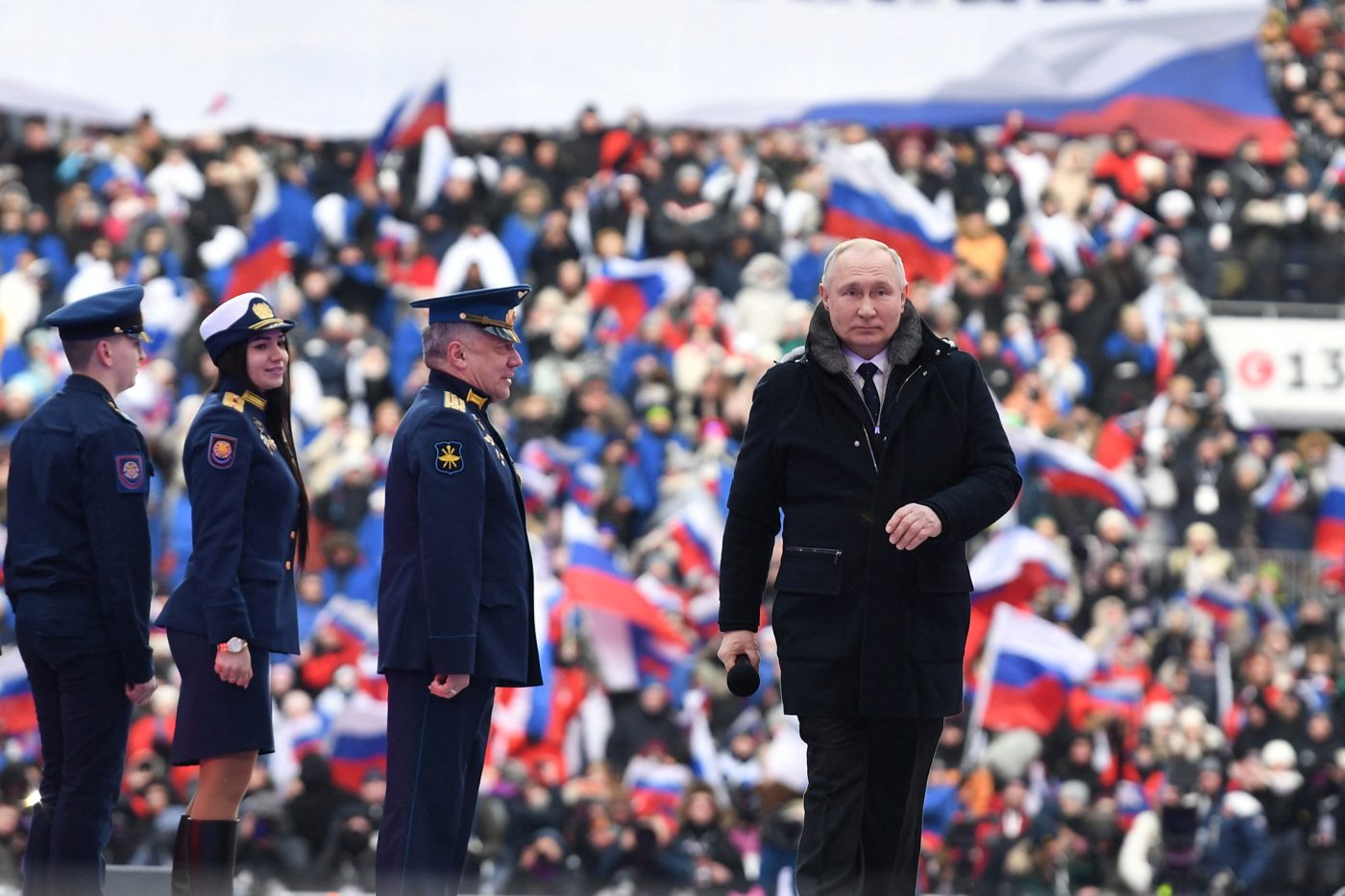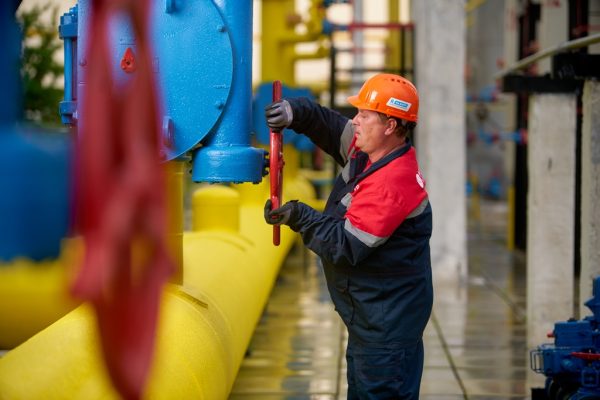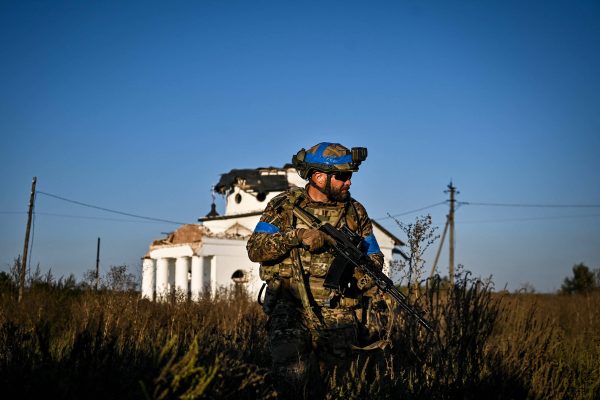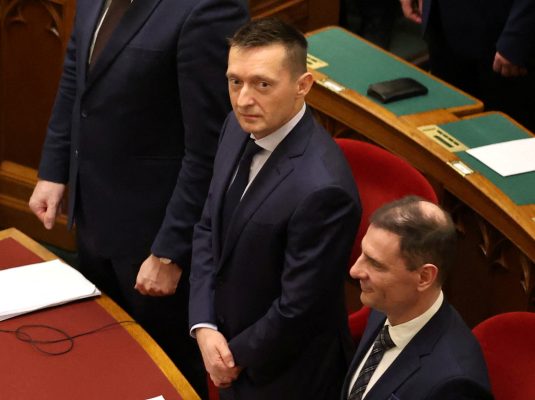What will prompt political upheaval in Russia? Focusing solely on the Ukrainian battlefield, one might assume that the survival of Vladimir Putin’s regime depends on whether his forces can hold Donetsk, Luhansk, Mariupol, or Crimea. But for such military losses to matter, all or at least most of the population must care a lot about the war’s outcome.
This is not the case. The onslaught on Ukraine was Putin’s personal project, of which a substantial part of the political elite and the public initially were not even aware. The most likely trigger for a domestic crisis will be not military failures themselves, but their consequences, in particular forced mobilization.
For decades, Putin’s authoritarian rule relied on public passivity, ensured through propaganda, censorship, and repression, and rewarded by economic growth in the 2000s, and geopolitical “victories”, such as the annexation of Crimea, in the 2010s.
But the regime seldom tried to mobilize the public into active participation and succeeded even more rarely. Attempts to enforce strict social distancing and quarantine regulations during the Covid pandemic met a broad refusal. The government also faced significant resistance to the vaccination campaign. The public also showed little appetite for other policies with direct or visible costs to their lives. In particular, the retirement age hike introduced in 2018 noticeably undermined Putin’s popular support. So, overall, by 2021 the level of Russians’ trust in the president had decreased by 30 percentage points compared to 2017.
The military mobilization declared in September 2022 broadly followed the same pattern. Overt protests were sparse (though visible and sometimes even violent.) But it provoked passive resistance in the form of draft dodging, notably a wave of emigration which was reportedly 700,000 in the first weeks after Putin’s mobilization decree. Moreover, the official statistics on the number of deserters from the military are now classified, but even before the mobilization in September, there were thousands of cases of Russian military and police personnel refusing to fight in Ukraine.
It is unclear if the draft reached its goal, or whether the authorities, facing failure, suspended it. The mobilization in Moscow was halted two weeks earlier than the nationwide campaign, shortly after a legislator complained that the capital had met only half its target. The mobilization also prompted the most significant decline in Putin’s approval ratings since the start of the full-scale invasion of Ukraine (6 percentage points in one month) as well as a decrease in the support of the “special military operation” (4 percentage points in one month.) The forced withdrawal from Kherson, by contrast, had no such effect.
Putin has consistently failed to provide any clear, consistent ideological or practical messaging to justify the sacrifice of lives and living standards. The simple “rally round the flag” theme secured broad and seemingly lasting nominal support, but this is of limited usefulness. Putin cannot be sure that this will support further mobilization or economic suffering.
The Kremlin seems to be aware of these limitations. It has not declared a new wave of military mobilization or even admitted that it is preparing for one. It also tries to mollify already mobilized soldiers with promises of furloughs. At the same time, the official rhetoric still avoids the word “war”, trying to represent the conflict as something under control and not menacing everyday life. Meanwhile, pro-war rallies in Moscow hire extras to fill a crowd, since the state is unable to rely on the sincere participation of the public.
A protracted, acute military confrontation is therefore one of the worst scenarios for regime stability. The longer the war, the more necessary another wave of mobilization — especially if Putin wants an effective military offensive.
Putin may try to use conscripts finishing their one-year compulsory military service, rather than mobilizing new soldiers, or covert mobilization of state employees. But the Kremlin will still have to deal with the dissent produced by the growing number of casualties (now estimated at around 50,000 dead and 150,000 wounded.) Mobilized soldiers and their relatives will also continue bombarding the authorities with complaints about bad equipment, poor training, incompetent commanders, and suicidal tactics.
All this will stoke anti-war sentiment. Even if this emerges more from fatigue and self-preservation rather than pro-Ukrainian or humanistic attitudes, it will still provide a key condition for positive political change.
Ivan Fomin is a Democracy Fellow at the Center for European Policy Analysis (CEPA). Previously, he was an associate professor at the Higher School of Economics, Moscow. He participated in projects at the Jagiellonian University, George Washington University, and Ruhr University Bochum. He holds a Candidate of Sciences degree in political science.
Europe’s Edge is CEPA’s online journal covering critical topics on the foreign policy docket across Europe and North America. All opinions are those of the author and do not necessarily represent the position or views of the institutions they represent or the Center for European Policy Analysis.

CEPA at 20
Celebrating 20 Years of Leadership in Action




